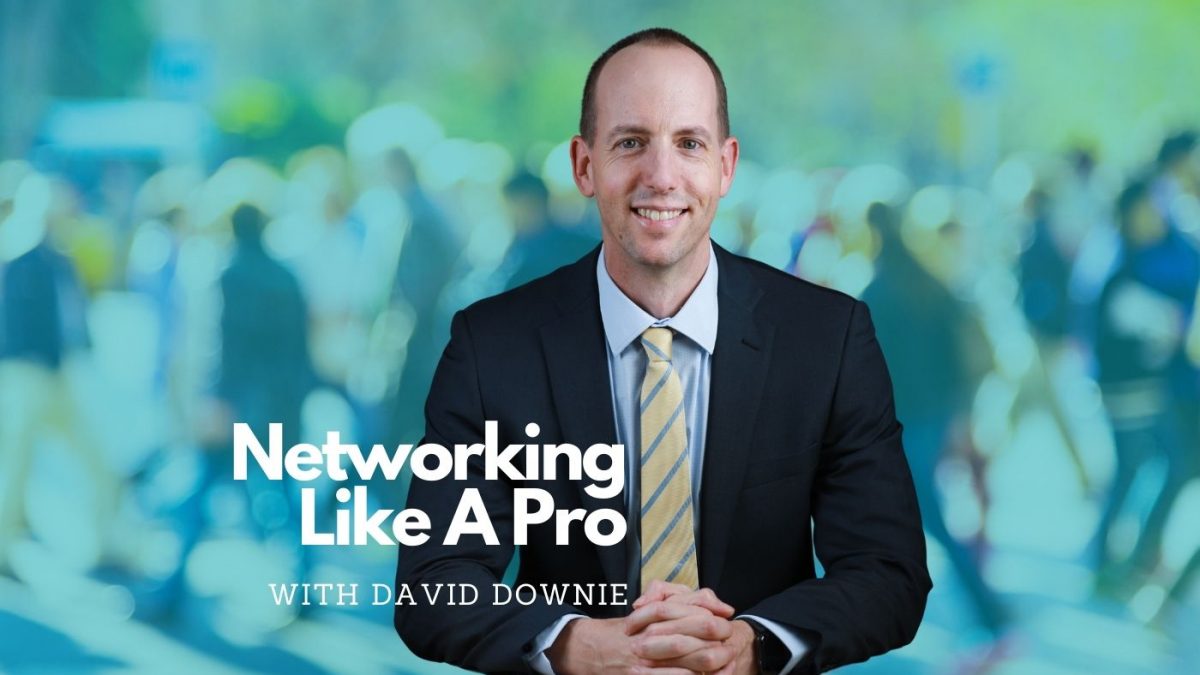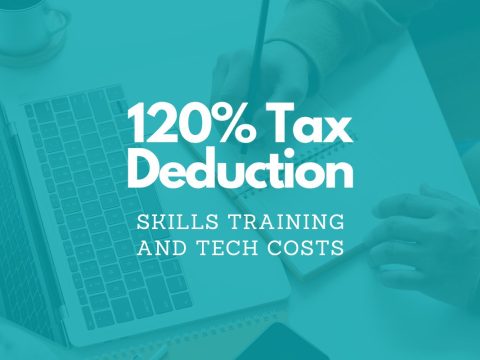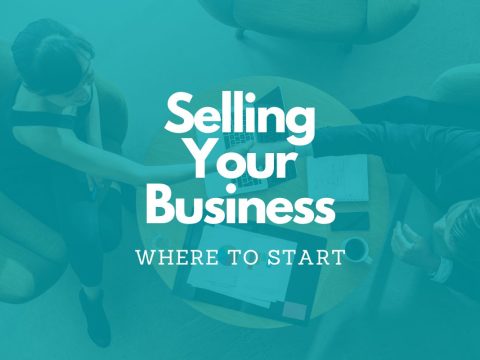Networking like a pro
By David Downie, Partner
I recently joined the Sydney Hills Business Chamber in an effort to develop closer connections with the local community where I live. Whilst COVID has put a stop to most of the meetings and networking opportunities, I have been very impressed by the professionalism of the induction process that new members are taken through.
As a result I thought I would share some of the networking tips from the most recent training call I was able to join. The coach running it was Nathan Williams, whose website can be found here. A big thank you to him for the thought-provoking session and practical tips.
I’ve never considered myself to be a networking ‘pro’ but I always appreciate a methodical approach to any challenge, which is why I find the following so practical and helpful. These step-by-step tips may be of use to you when we are able to physically attend events in the (hopefully) near future…
Pre-event preparation
Mindset
- Mindset is a key to successful networking. Take some time to think about your mindset before an event.
- Think about your previous networking experiences and what worked for you and what didn’t. What did you notice about your own behaviour? What was your emotional state and how did it change throughout the event?
- What did you notice about other people’s reactions to you? What were the outcomes/results of your interactions with other people?
- From these reflections, consider what is helpful in having a good networking experience and what is not helpful.
Strategy
- Your aim should be to connect with three quality contacts. It is not to collect as many business cards as possible. Having a strategy worked out prior to the event helps you focus and truly connect with people rather than just turning up and just hoping for the best.
- Where possible, review the list of attendees before the event.
- List five people that you would be interested to meet and research them beforehand.
- Consider why you would like to meet them and the potential mutual benefits.
- Think about one way that you could possibly help each of them e.g. a contact or referral you could provide them with to help in their business.
Event strategy
Arriving at the event
- Arrive early! Sign in and walk around looking for people to meet.
- In conversation, be interested – not interesting. Be curious about other people; it’s not about you.
- Talk about personal topics – people do business with people, so be a person first to build rapport. Some questions you can ask:
- “So, who are you outside of work?”
- “So (name)… I’m always interested in how people get involved in different businesses… how did you get into (company name)?”
- “Right… so what do you enjoy most about it?”
- “Ok…and is there a specific challenge/goal you’re looking to tackle this year?”
Listening tips
- Be present and prepared to learn: everybody is an expert in something you’re not.
- Ask open-ended questions (who, what, when, how & why) and let them describe.
- Be brief/get comfortable with the ‘curiosity gap’ – listeners care more about you.
- Be interested (everyone is an iceberg): mouth shut, mind open, and prepare to be amazed.
Reveal (a subtle segue to what you do where appropriate)
- “Interesting… we’re also looking to tackle that challenge or goal/are hearing a few clients and contacts are looking to address this…”
- The Burning Question… “so, what do YOU do?”
- When asked this question, most people simply state a title and job description. However, this approach doesn’t always lead to getting to know people very well or understanding how it is you are unique at helping people.
- Start by providing the context e.g. “Have you ever spoken to someone who didn’t know much about investing?”
- Then describe the problem you solve e.g. “Well, it is possible for everyone to have a plan put in place to provide peace of mind around their investment or retirement goals.”
- Then state your role and the solution you deliver e.g. “As licenced investment advisors, we work with our clients to get to know their investment situation and goals to develop a plan that suits their lifestyle and needs.”
- Then state the outcome you achieve and the purpose e.g. “By doing so, our clients can feel confident that their financial future is on track.”
- Provide an example where possible e.g. “We recently helped Steve and Susan who…”
Refer (share resources and contacts as appropriate)
- “Appreciate you asking about my business… given the challenges/goals you’re looking to tackle this year, could a connection with (resource/contact) be of some use?”
Post-event action plan
- Follow up with a personalised email, SMS or video message confirming next steps and other ‘value adds’.
- Connect on social media platforms.
- Follow through by keeping meeting dates and delivering on next steps.
- Stay in contact with people you have met at regular intervals to deepen the connection.
Remember, successful networking is about establishing genuine connections with people that share similar values to you, with whom you would ideally like to do business. It is a marathon, not a sprint, and requires consistent effort over a long time frame.
Comment below with your best networking tips or questions!




